- Category
- Latest news
Russia Faces Talent Drain as War and Repression Drive Scientists Abroad
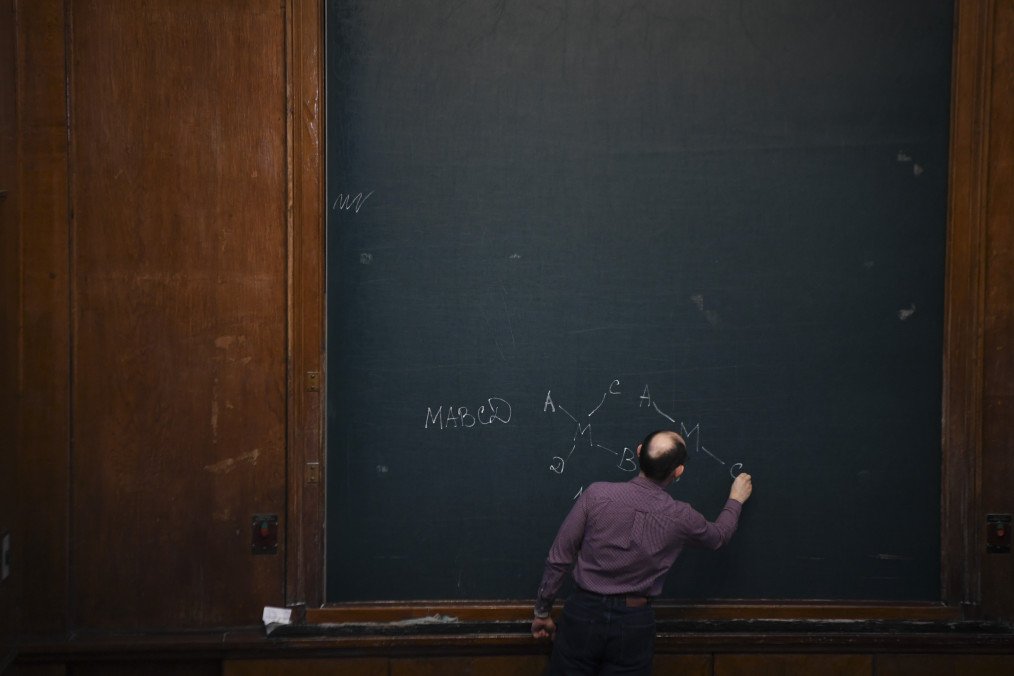
Russia’s scientific community continues to shrink amid deep budget cuts and a mass exodus of talented researchers seeking opportunities abroad, The Moscow Times reported on February 10.
As of early 2024, only 338,900 researchers remain in Russia, according to data from the Science Indicators report published by the Institute for Statistical Studies and Economics of Knowledge at the Higher School of Economics (HSE).
This marks a decrease of 1,800 scientists since 2021, before Russia’s full-scale invasion of Ukraine. Compared to 2020, the number has dropped by 7,600, and since 2015, the scientific workforce has shrunk by 40,500 researchers—an 11% decline.
This scientific decline comes as the Russian government slashes its research budget. HSE reports that civil science funding has been cut by 14% in real terms (adjusted for inflation) since 2015.
The war against Ukraine has further fueled the exodus, with at least 2,500 scientists leaving the country, including over 800 internationally recognized researchers with publications in leading global journals.
Moscow universities—such as HSE, Moscow State University (MSU), Skolkovo Institute of Science and Technology, and the Moscow Institute of Physics and Technology (MIPT)—have been hardest hit, accounting for 23% of all departing scientists.
Dmitry Dubrovsky, founder of the Ethnic Studies Program at the European University in St. Petersburg, estimates the number of departing researchers to be even higher—between 7,000 and 8,000.
“Many scientists have faced persecution for their political views or even for past collaborations with foreign colleagues,” Dubrovsky said.
He noted that those leaving often have strong public positions and extensive international networks. “They are moving to places where they believe their expertise and experience will be valued,” Dubrovsky added.
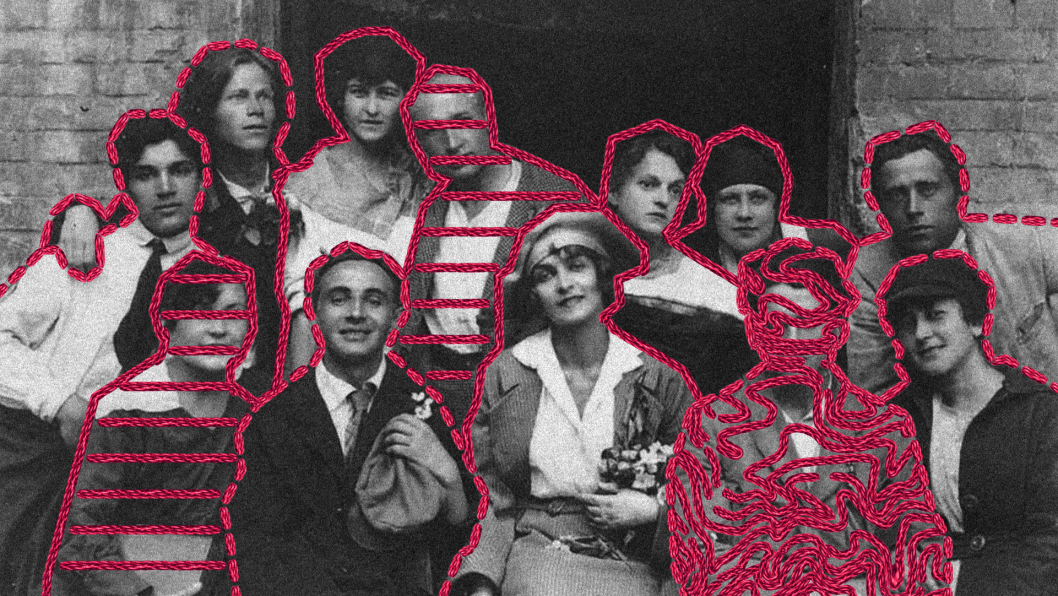
After the collapse of the Soviet Union, Russia boasted nearly 1 million researchers, the highest in the world at the time.
By 1995, the number had fallen to 518,700, dropping further to 426,000 in 2000, and reaching 368,900 by 2010. A brief resurgence occurred in the early 2010s when soaring oil prices and increased state spending on science brought the total to 379,000. However, after the invasion of Ukraine, the numbers hit a historic low, according to HSE data.
The number of researchers per 10,000 people employed in the economy has also plummeted to a new low. In 2024, this figure dropped to 92, compared to 98 in 2020, 103 in 2010, and 160 in 1995. This decline parallels a sharp decrease in innovation: between 2010 and 2023, patent applications in Russia fell by 38%, from 42,500 annually to 26,700.
Previously, the Russian Vedomosti newspaper reported that the government commission for legislative activity approved a bill by the Russian Ministry of Science and Higher Education that would require all “subjects of scientific activity” in the country to inform the Federal Security Service about their cooperation with foreigners through a special information system.
Russian media outlet T-invariant studied the initiative – and tells what resources will be needed to create and support “public services to control scientists”, why in its current form the new norm will complicate the work of researchers, officials, and even the security services themselves, and what representatives of the scientific community themselves think about the upcoming changes.
Earlier, reports emerged that Russia’s RS-28 “Sarmat” missile, often touted by Russian leader Vladimir Putin as unmatched in power, has struggled in tests, revealing its reliance on Ukrainian technology. The missile’s liquid-fuel engine, a key component, was developed by Ukrainian design bureaus before 2014.

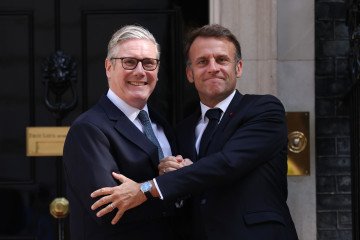
-c439b7bd9030ecf9d5a4287dc361ba31.jpg)
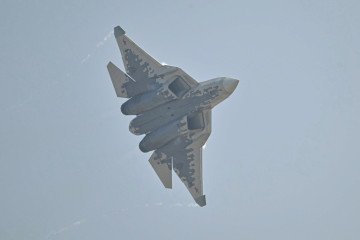

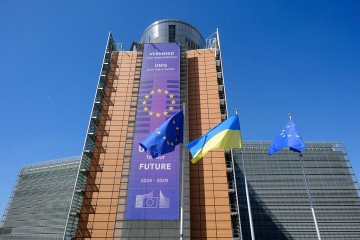
-72b63a4e0c8c475ad81fe3eed3f63729.jpeg)
